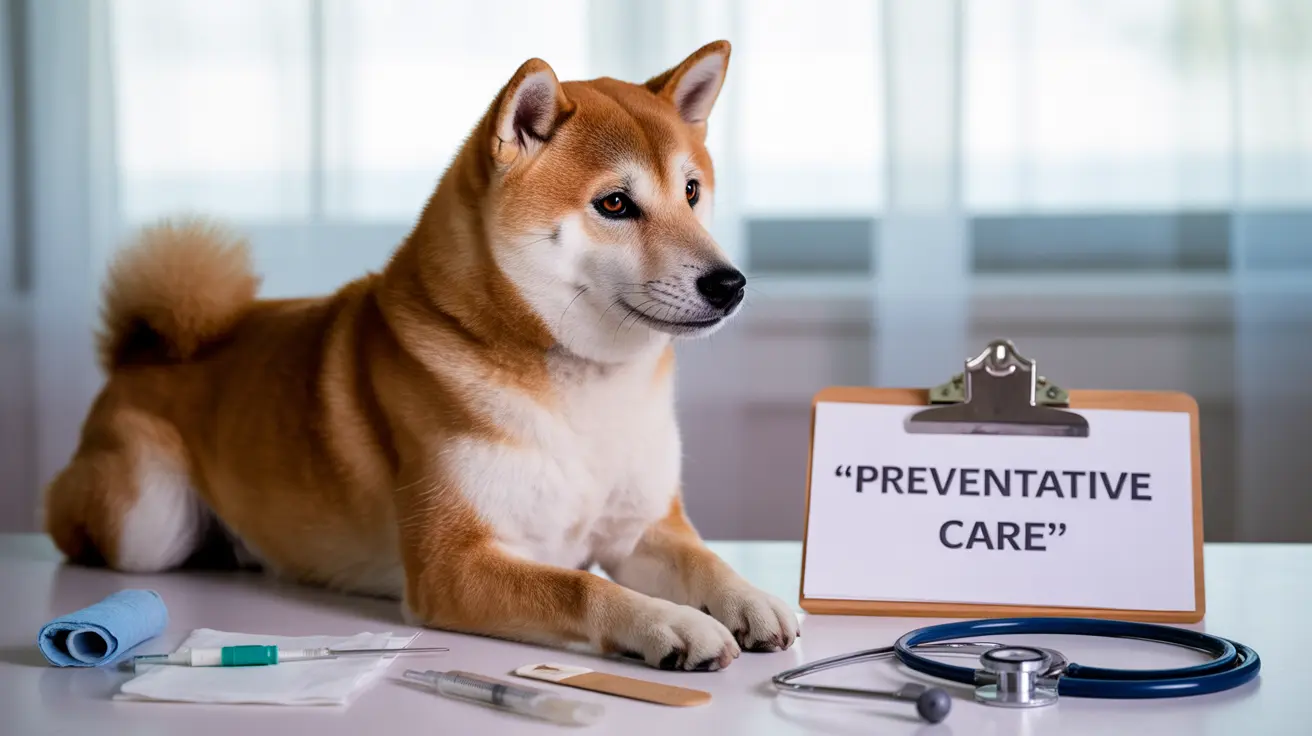When it comes to your dog's health, recognizing nephrotoxicity symptoms early can make a critical difference in their recovery. Nephrotoxicity occurs when medications or toxic substances damage your dog's kidneys, potentially leading to serious complications if left untreated. This comprehensive guide will help you understand the signs, causes, and treatment options for nephrotoxicity in dogs.
Early Warning Signs of Nephrotoxicity
The initial symptoms of nephrotoxicity can be subtle but should never be ignored. Common early signs include:
- Increased thirst and urination
- Decreased appetite
- Lethargy or unusual tiredness
- Vomiting or diarrhea
- Changes in urination patterns
If you notice any of these symptoms, especially after your dog has been exposed to new medications or potential toxins, immediate veterinary attention is crucial.
Common Causes and Risk Factors
Several factors can contribute to the development of nephrotoxicity in dogs:
Medications
- Non-steroidal anti-inflammatory drugs (NSAIDs)
- Certain antibiotics
- Chemotherapy drugs
- Some antifungal medications
Environmental Toxins
- Antifreeze (ethylene glycol)
- Heavy metals
- Grapes and raisins
- Certain plants and herbs
Risk Factors
- Advanced age
- Pre-existing kidney conditions
- Dehydration
- Multiple medication use
Diagnosis and Assessment
Veterinarians typically diagnose nephrotoxicity through:
- Blood tests to check kidney function
- Urinalysis
- Physical examination
- Medical history review
- Imaging studies when necessary
Treatment Approaches
Treatment for nephrotoxicity focuses on several key areas:
Immediate Interventions
- Stopping the offending medication or removing exposure to toxins
- Intravenous fluid therapy
- Management of symptoms
- Administration of specific antidotes when applicable
Long-term Management
- Dietary modifications
- Regular monitoring of kidney function
- Fluid therapy as needed
- Medication adjustments
Prevention Strategies
Preventing nephrotoxicity is always preferable to treatment. Key prevention strategies include:
- Never giving human medications without veterinary approval
- Keeping toxic substances out of reach
- Maintaining proper hydration
- Regular veterinary check-ups
- Following medication instructions carefully
Frequently Asked Questions
What are the common causes of nephrotoxicity in dogs, and how can they be prevented?
Common causes include certain medications (especially NSAIDs), antifreeze, toxic plants, and heavy metals. Prevention involves keeping harmful substances away from dogs, using medications only as prescribed by veterinarians, and maintaining regular health check-ups.
How can I identify early symptoms of nephrotoxicity in my dog, and what should I do if I suspect exposure?
Watch for increased thirst, changes in urination, lethargy, vomiting, and decreased appetite. If you suspect nephrotoxicity, seek immediate veterinary care, as early intervention significantly improves outcomes.
What treatments are available for acute kidney failure in dogs caused by nephrotoxicity, and how effective are they?
Treatments include intensive fluid therapy, medication discontinuation, symptom management, and possibly dialysis in severe cases. Success rates vary depending on the cause and how quickly treatment begins.
How can I manage chronic kidney disease in my dog, and what role does diet play in this management?
Management involves specialized renal diets, regular hydration, medication as needed, and ongoing veterinary monitoring. Diet plays a crucial role by reducing the workload on the kidneys and managing mineral balance.
Are there specific medications or substances that I should avoid giving to my dog to prevent nephrotoxicity?
Avoid giving human medications, especially NSAIDs like ibuprofen and aspirin. Keep antifreeze, grapes, raisins, and toxic plants away from your dog. Always consult your veterinarian before giving any new medications or supplements.
The Road to Recovery
While nephrotoxicity can be serious, understanding the symptoms and seeking prompt treatment can lead to positive outcomes. Regular veterinary care, careful medication management, and prevention strategies are your best tools for protecting your dog's kidney health. Remember that each case is unique, and working closely with your veterinarian will ensure the best possible care for your pet.






